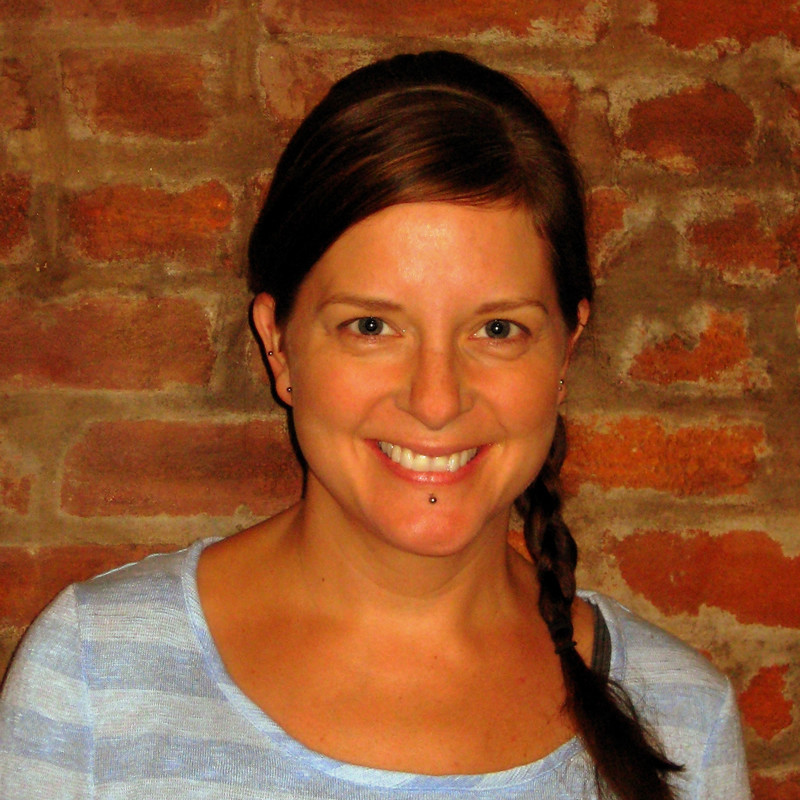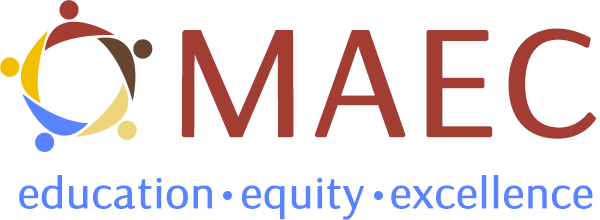A new mother’s look into early childhood education

By Kate Farbry
November 19, 2013
I am the parent of a 1½ year old. I realize it isn’t too soon to start thinking about pre-schools. I grew up in Virginia and have lived here and abroad. My husband is from Sweden. We both bring our experiences and personal ideas of what is necessary for our child.
Recently, I read Nicholas Kristof’s op-ed column in the New York Times about early childhood education. Oklahoma provides free access to pre-kindergarten for four-year-olds and 75% of its four-year-olds participate in this program.
Oklahoma (a red state) takes early childhood education further: it supports home visits to coach parents on the importance of reading and talking to their children. In other words, the entire family is educated about these critical, formative years.
It’s promising that here in Oklahoma, early education isn’t seen as a Republican or Democratic initiative. It is simply considered an experiment that works. After all, why should we squander human capacity and perpetuate social problems as happens when we don’t reach these kids in time?
It made me wonder what happens closer to home.
In Washington, D.C., (a blue “state”) the Office of the State Superintendent of Education (OSSE) states that DC has the capacity to serve 17,130 Pre-K children in either its public schools, charter schools, or community-based organizations. This is more than the current population of Pre-K-aged children in DC, thus OSSE claims to have met the requirement for universal access to Pre-K. “[S]lots are available for all children, although some do not meet the preference of the parent.”
But a recent DC KIDS COUNT report identified gaps of capacity and quality in these programs, particularly in low-income communities. Perhaps OSSE could learn from Oklahoma and view the parents as partners. It isn’t enough to offer a program. The program has to meet the needs of parents and children. It may have to reach them where they live. The benefits of such an approach are self-perpetuating: according to research cited by both the OSSE and the DC Kids Count reports “every dollar invested in high- quality early childhood programs yields a $2-3 increase in per-capita earnings in the long term.”
So I share Mr. Kristof’s challenge: “Can we embrace ‘The Oklahoma Project’ — not because it’s liberal or conservative, but because it’s what is best for our kids and our country?”

